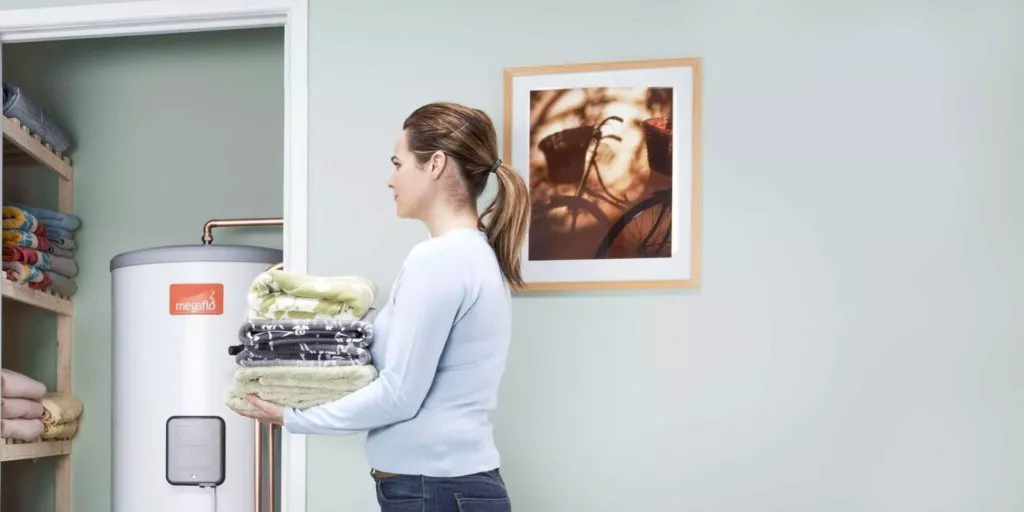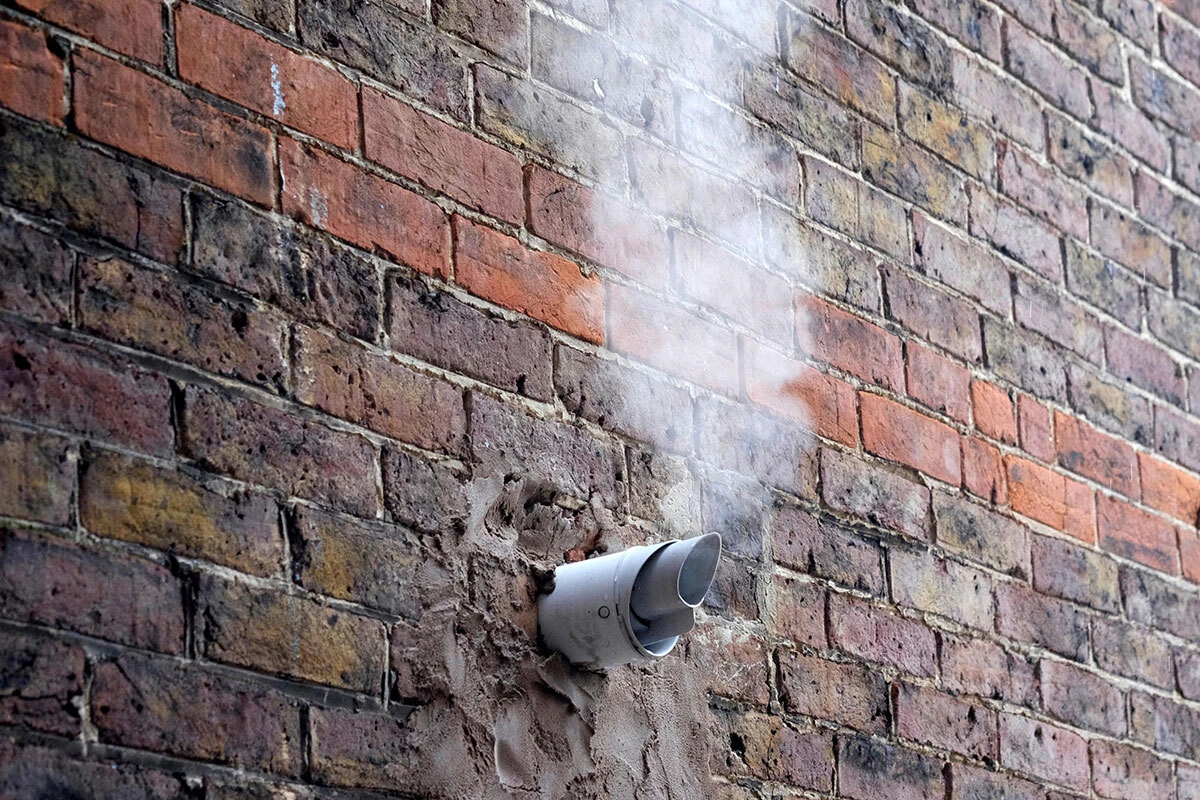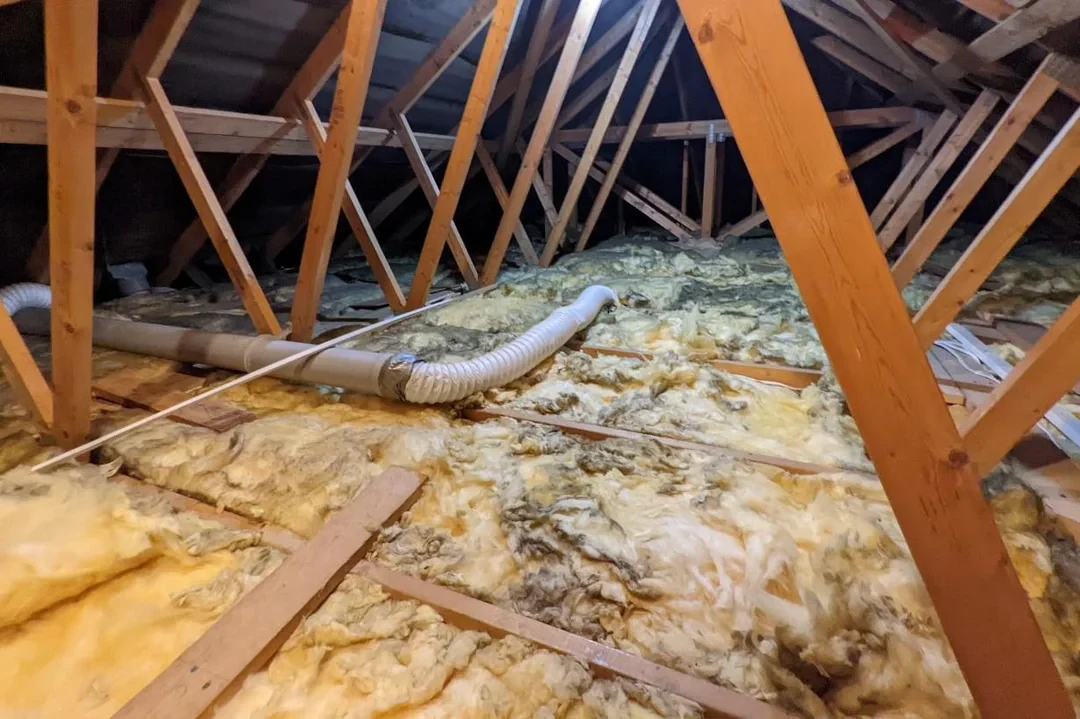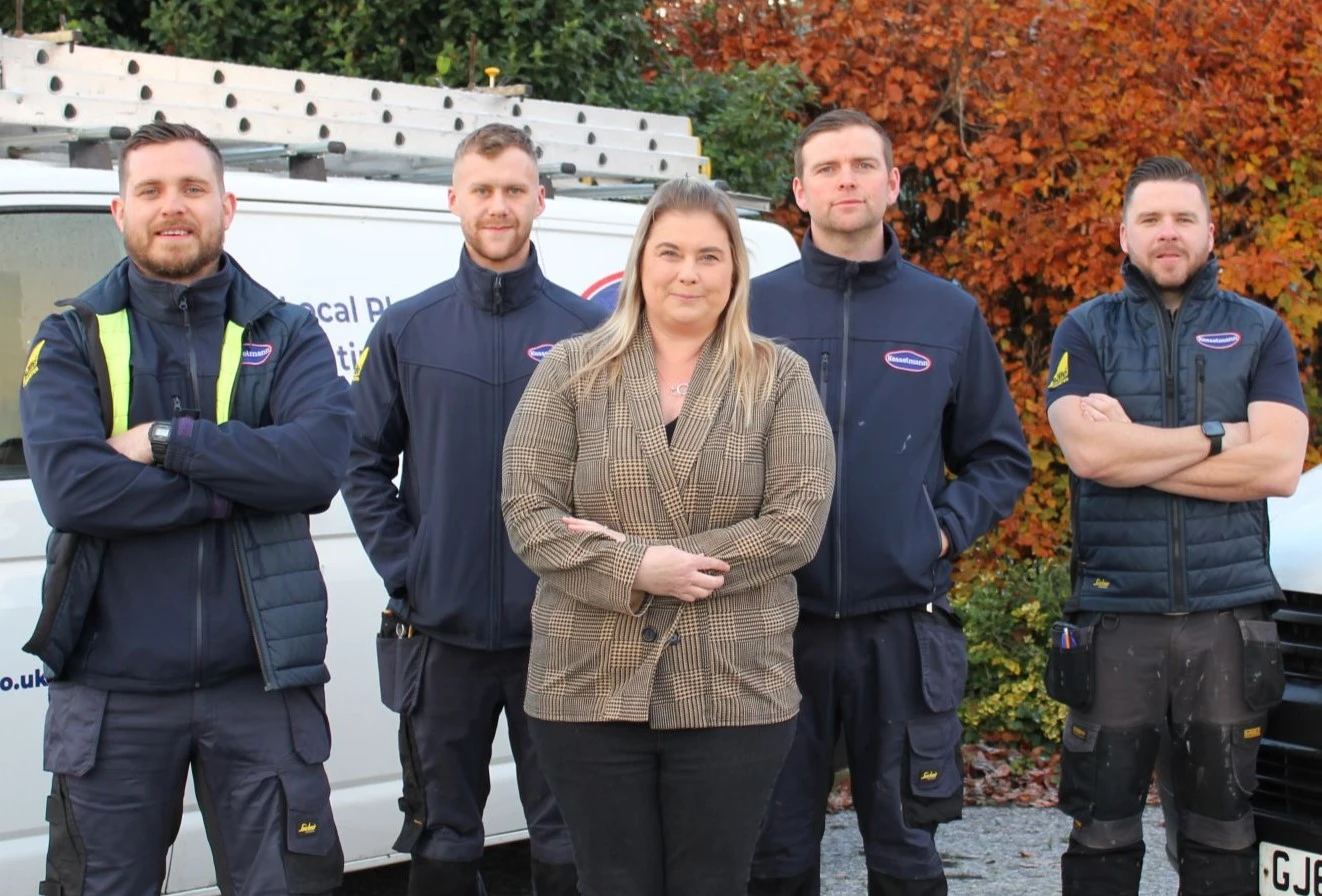19/01/2025

If you've noticed that your unvented cylinder is losing pressure, you're not alone. This common issue can disrupt your hot water supply and potentially lead to costly repairs if not resolved promptly. But what causes pressure loss in an unvented cylinder, and what can you do to fix it?
This guide is here to help you understand the most common reasons for pressure loss in an unvented cylinder and the steps you can take to address them. Whether it's a faulty pressure reducing valve or debris in the system, we'll break it all down for you in straightforward terms. By the end of this post, you'll know exactly what to do—and when it’s time to call in a professional.
Understanding Unvented Cylinders
Before we get into the details, here's a quick overview of what an unvented cylinder is and how it works. Unvented cylinders are sealed water systems that supply high-pressure hot water directly from the mains supply. Unlike vented systems, there’s no need for a cold water tank, making them a convenient and modern choice for homes.
However, because unvented cylinders rely on a tightly controlled balance of pressure, any disruption to this system can lead to noticeable drops in performance. Pressure loss is one such disruption, and it’s important to diagnose the root cause quickly.
Common Reasons for Pressure Loss in Unvented Cylinders
Several issues can cause your unvented cylinder to lose pressure. Here are the most common culprits:
1. Faulty Pressure Reducing Valve
The pressure reducing valve (PRV) is a crucial component of any unvented cylinder. It maintains the correct pressure in the system to ensure safe and efficient operation. If the PRV becomes faulty, it can fail to control the incoming water pressure properly, leading to pressure loss.
Signs of a Faulty PRV:
Water pressure drops significantly when using hot water.
Loud noises or vibrations near the PRV.
Visible leaks around the valve.
2. Debris in the Inlet Control Valve
Over time, small particles such as limescale and silt can accumulate within the inlet control valve’s gauze filter. This debris restricts water flow, affecting the system’s ability to maintain consistent pressure.
Signs of Debris Build-Up:
Reduced water flow from taps and showers.
Water appears cloudy or contains tiny particles.
Gradual pressure loss over time.
3. Issues with the Water Mains Supply
Sometimes, the issue isn't with your unvented cylinder itself but with the local water mains supply. A sudden drop in mains pressure can directly affect the performance of your cylinder, especially during peak water usage hours.
Signs of a Water Mains Problem:
Pressure loss is noticeable in all water outlets across your home, both hot and cold.
Changes in pressure correspond to certain times of the day.
Neighbors report similar issues.
How to Fix Common Pressure Loss Problems
Now that we've identified the most likely reasons for pressure loss, here are some tried-and-true solutions:
1. Replace the Faulty Pressure Reducing Valve
A faulty PRV should be replaced as soon as possible to restore proper functionality to your unvented cylinder. This is not a DIY fix—always hire a certified plumber with a G3 qualification to ensure the job is done safely and in compliance with regulations.
Steps to Take:
Contact a certified G3 technician immediately.
Replace the PRV with a high-quality, reliable part.
Test the system thoroughly to confirm the issue has been resolved.
2. Clean the Inlet Control Valve Gauze
The gauze in your inlet control valve should be cleaned annually as part of routine cylinder maintenance. Cleaning removes any build-up of limescale or debris and helps keep your system running efficiently.
Steps to Take:
Schedule your annual cylinder service with a qualified plumber.
Ask the plumber to clean the valve filter and inspect it for wear and tear.
Replace the filter if it’s too damaged or clogged.
Regular maintenance can prevent this issue from recurring and extend the lifespan of your unvented cylinder.
3. Contact Your Local Water Supplier
If the issue stems from the water mains supply, there’s little you can do on your own. Contact your local water supplier to report the problem and request a resolution.
Steps to Take:
Check your water supplier’s customer service number (this can usually be found on your water bill or their website).
Provide details about the pressure loss, including any patterns you’ve observed.
Consider installing a pressure-boosting pump for your cylinder if mains pressure issues persist.
When to Call a Professional
While some minor issues, like cleaning the inlet control valve, can be addressed during routine maintenance, other problems require professional intervention. Here’s when it’s time to rely on an expert:
Safety Concerns: If you suspect a gas leak, pressure build-up, or improper function that may compromise safety.
Persistent Issues: When pressure loss continues despite your efforts to resolve it.
Complex Repairs: For replacing parts like the PRV or diagnosing issues with the expansion vessel or thermostat.
A G3-certified plumber is trained to work on unvented cylinders and can ensure all repairs comply with UK safety regulations.
Preventing Pressure Loss in the Future
Regular maintenance and prompt repairs are key to preventing future pressure issues. Here are some tips to keep your unvented cylinder in top shape:
Schedule Annual Servicing: A yearly check-up by a certified plumber can catch potential issues early, before they cause bigger problems.
Monitor for Changes: Pay attention to any unusual drops in water pressure or system noises.
Keep the System Clean: Regularly clean filters and flush the system as recommended by your plumber.
By staying proactive, you can enjoy consistent, high-pressure hot water and extend the lifespan of your unvented cylinder.
Restore Performance to Your Unvented Cylinder
Pressure loss in your unvented cylinder can be frustrating, but most issues are relatively simple to resolve with the right help. Whether it’s replacing a faulty PRV, cleaning debris from the system, or addressing mains water supply issues, taking action promptly can save you time, money, and inconvenience.
Need professional assistance? Our certified plumbers are ready to help with any unvented cylinder maintenance or repairs. Reach out today to schedule your service and restore your hot water system to peak performance.
Other related guides
Can an Unvented Cylinder Be Installed in a Loft Space?
Do You Need to Get Your Unvented Cylinder Serviced?
How to Choose the Right Unvented Cylinder for Your Home













